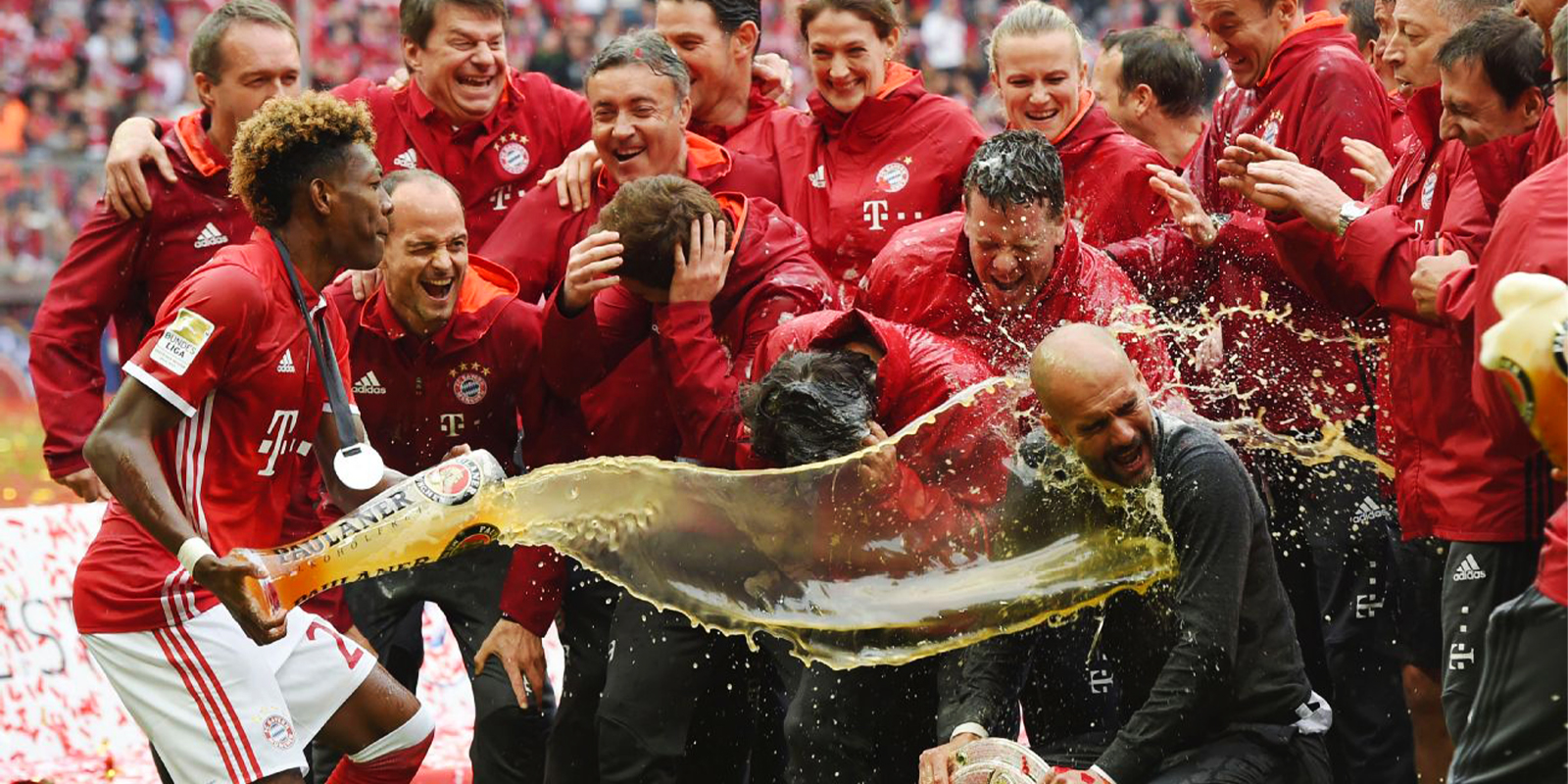


Whether it’s after a social gathering or an unexpected night out with friends, many of us have experienced the challenge of trying to exercise the day after drinking alcohol.
From lack of alertness to dehydration, the effects of alcohol can impact how well we feel prepared for physical activity.
But if you’re committed to keeping up your fitness goals, knowing how to approach exercise after drinking is key. Knowing workouts for hangover recovery is crucial in this case.
This guide on RambodFit covers evidence-based tips for safely returning to working out after a night of drinking. It draws on scientific research to keep you informed and on track for getting back to the gym safely and effectively knowing how to approach workouts for hangover recovery.
Finding a balance between enjoying a drink and staying on track with your fitness goals can be tricky, but we help you make the best decision to do workouts for hangover recovery wisely.
Table of Contents
Mixing alcohol with fitness goals can be challenging but it doesn’t have to be a setback. The key is how to balance everything and knowing how to approach workouts for hangover recovery when you drink.
I do suggest that avoid drinking alcohol cause it can affect your health in bad ways, however, if you want to do so, here are some tips that can help you choose strategies and workouts for hangover recovery wisely.

Knowing how alcohol affects the body and workout performance is helpful for understanding the best way to ease back into exercise and do workouts for hangover recovery.
1. Dehydration
Alcohol is a diuretic, meaning it increases urine production and leads to water loss, leaving you dehydrated.
Dehydration reduces endurance and strength, making workouts feel harder and putting you at greater risk of cramps or strains.
Research published in Nutrients highlights that even mild dehydration impacts athletic performance and can lead to fatigue and decreased mental clarity.
2. Muscle Recovery and Protein Synthesis
Alcohol also affects how your body repairs muscles. When you work out, especially in strength training, your muscles sustain tiny tears that need protein synthesis to repair and grow.
Alcohol disrupts this process. A study in PLOS ONE found that alcohol reduced muscle protein synthesis by up to 37%, even if you consume protein alongside it. This means you won’t recover as quickly, and it may slow your overall progress.
3. Reduced Coordination and Reaction Time
Alcohol impairs your central nervous system, which affects reaction time, coordination, and motor skills.
This can make weightlifting or exercises requiring precision, like high-intensity interval training (HIIT), riskier.
Research in Alcoholism Clinical and Experimental Research shows that even moderate drinking affects motor skills up to 24 hours after consumption.
4. Sleep Disruption
Good quality sleep is essential for muscle recovery and mental alertness, but alcohol interferes with the sleep cycle.
It disrupts REM sleep, the deep restorative stage. Poor sleep negatively impacts both physical performance and mental focus.
A review in Current Sports Medicine Reports outlines that poor sleep quality reduces endurance, power output, and even the immune system’s response.
So, what can you do to exercise safely and effectively after drinking? Here are some science-backed tips to help you get the most from your workouts for hangover recovery and avoid danger.
1. Rehydrate First with Water and Electrolytes
Hydration should be your first priority. Aim to drink plenty of water after alcohol and before any exercise.
Alcohol flushes water and electrolytes (especially sodium and potassium) out of the body, and rehydrating improves energy, reduces fatigue, and helps prevent cramps.
Aim to drink 8 ounces of water per hour following alcohol consumption and about 16 ounces before your workout. Adding an electrolyte drink with sodium and potassium can speed up rehydration and help you feel fresher sooner.
2. Start with Low-Intensity Exercise
On the day after drinking, your body might not be ready for a high-intensity workout. Go for low-intensity exercises like walking, easy cycling, or light stretching to get your body moving without putting too much strain on it.
Low-intensity workouts are gentler on your muscles and don’t demand as much coordination. Light exercise also increases circulation, helping flush out alcohol metabolites and reduce muscle stiffness.
Research in The Journal of Applied Physiology shows that light exercise improves circulation and can speed up recovery.
3. Eat Nutrient-Dense Foods
Alcohol can lower your blood sugar levels and deplete important vitamins, like B vitamins and magnesium, that play an important role in energy production and muscle function.
Refuel with nutrient-rich foods to restore energy, stabilize your blood sugar, and support your muscles as they recover.
Focus on complex carbohydrates for steady energy (like oatmeal, sweet potatoes, or whole grains), lean protein to support muscle repair (like eggs, chicken, or Greek yogurt), and antioxidant-rich fruits and vegetables to combat inflammation.
4. Focus on Recovery-Based Activities
If you’re not feeling up to lifting weights or high-intensity training, consider a recovery-based workout, like yoga or gentle stretching. Workouts for hangover recovery not only reduce muscle tightness but also improve flexibility and support mental relaxation.
Yoga and stretching benefits are:
5. Prioritize Sleep and Rest
Alcohol disrupts your sleep cycle, so if you had a late night, don’t underestimate the power of a good nap or extra rest. Quality sleep is essential for muscle recovery, energy, and mental focus.
Try to get at least 7–8 hours of sleep following a night of drinking. This can help your body repair and your mind feel sharper for your workout. Avoid caffeine and screen time close to bedtime, as both can hinder deep sleep.
6. Avoid Heavy Lifting or High-Intensity Workouts
Since alcohol can impair coordination and reaction time, avoid exercises that require intense focus or put a lot of strain on your muscles. Heavy lifting, sprinting, and HIIT workouts may increase your risk of injury if your body isn’t fully recovered.
Stick to moderate-weight circuits with controlled movements, like bodyweight exercises or lighter weights, to reduce your risk of injury.
Timing is everything when it comes to doing workouts for hangover recovery. Here’s a guideline based on science:
1. Light Drinking (1–2 Drinks):
If you’ve had one or two drinks, it’s generally okay to do workouts for hangover recovery the next day, especially if you’ve had plenty of water and food.
Waiting at least 4–6 hours is ideal to give your body time to start metabolizing the alcohol.
2. Moderate to Heavy Drinking (3+ Drinks):
If you have more than two drinks, wait at least 12–24 hours before attempting a moderate to intense workout.
Heavy drinking can take up to 24 hours or longer to fully metabolize, and you’re more likely to feel dehydrated and fatigued.
Drinking alcohol doesn’t mean you have to abandon your fitness goals. By staying mindful of alcohol’s effects on your body, you can make smart decisions that allow you to enjoy yourself while still progressing in your fitness journey.
Remember, balance is key, and knowing when to give your body extra care and when to do workouts for hangover recovery can make all the difference in achieving sustainable, long-term health and fitness goals.
It is recommended to read the following articles:
Best Ways Lactate Threshold Improves Speed in Running
Best mobility exercises that prevent injuries
carb cycling to get lean properly
Yes, drinking alcohol can impact hydration, energy levels, muscle recovery, and sleep quality, all of which affect workout performance.
You may feel more fatigued or less coordinated, making it harder to perform at your best.
So you’d better do workouts for hangover recovery when you are hydrated and back to normal.
Yes, alcohol can interfere with muscle recovery and protein synthesis, which are essential for muscle growth.
Research shows that alcohol can reduce protein synthesis by as much as 37%, meaning your body might not repair muscles as efficiently after drinking.
To maximize recovery, avoid heavy drinking and make sure you’re getting enough protein and nutrients.